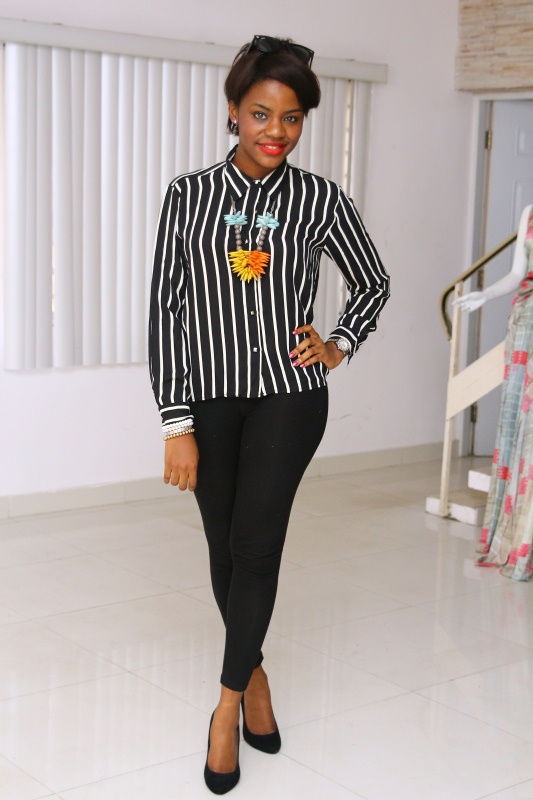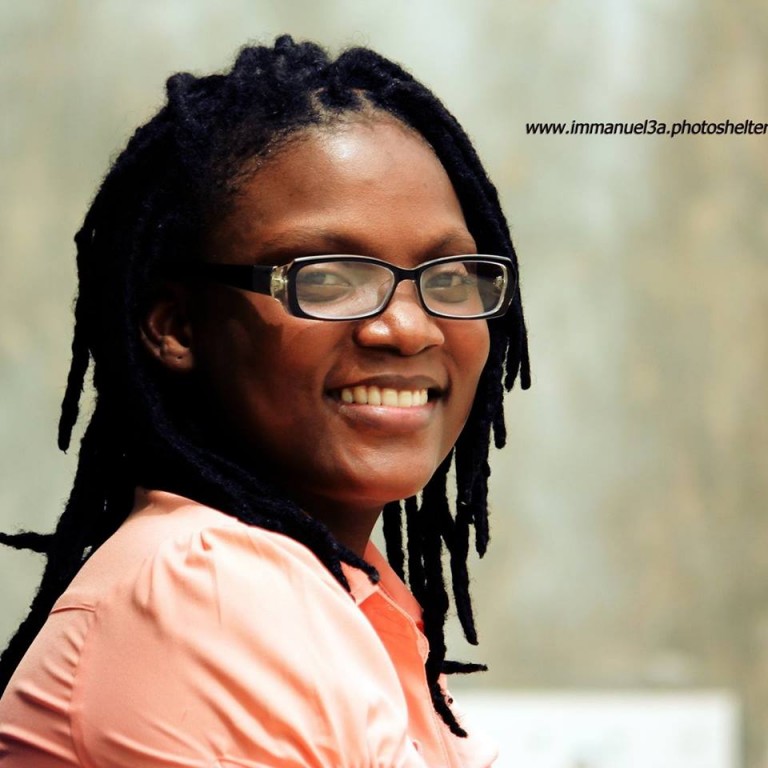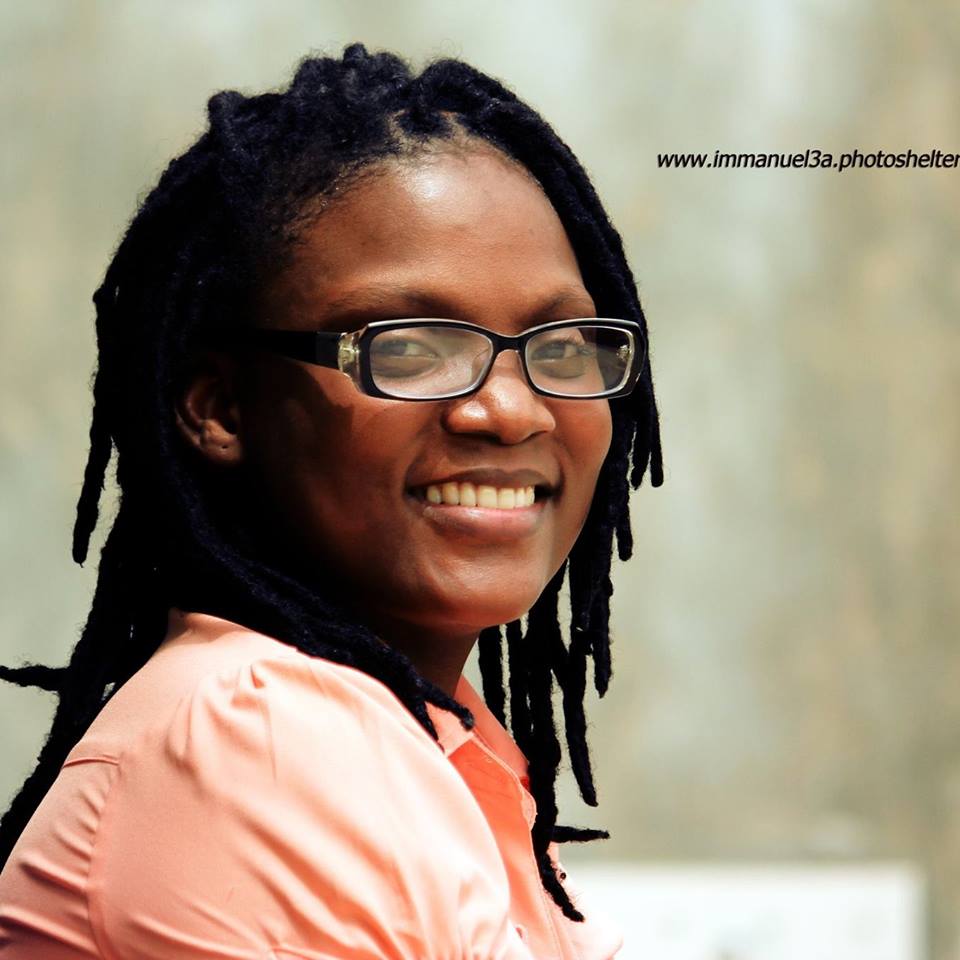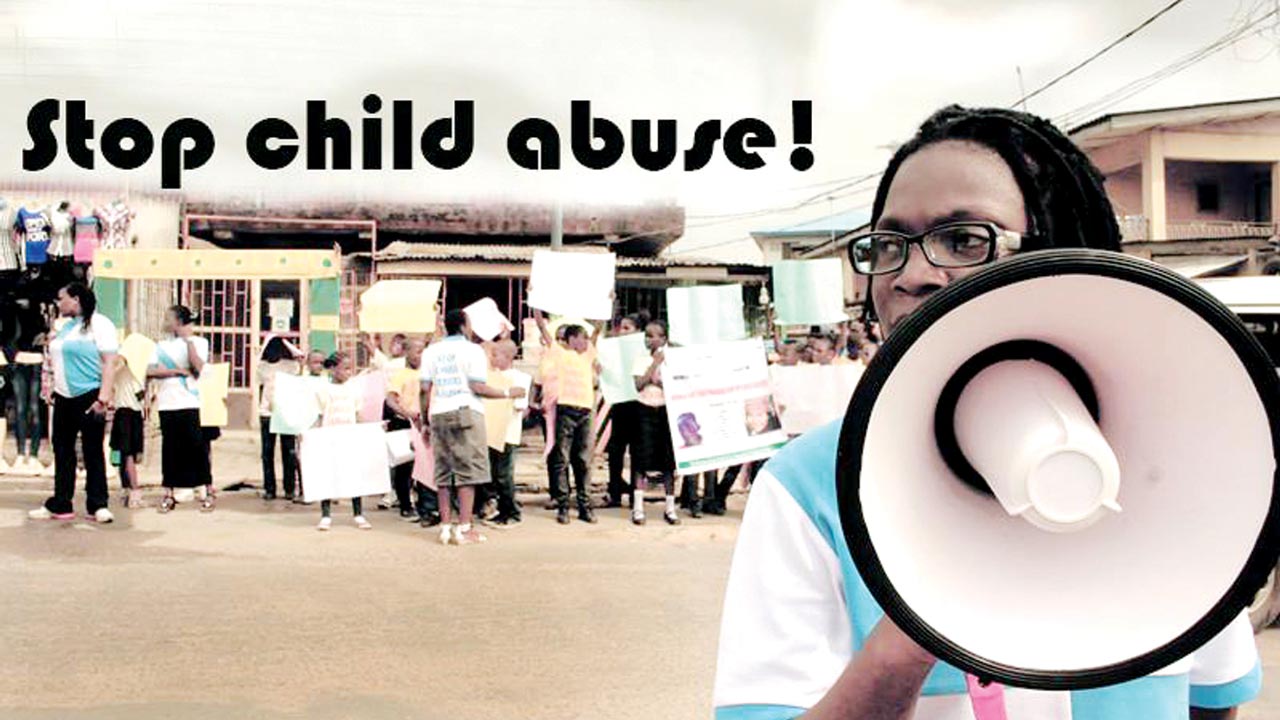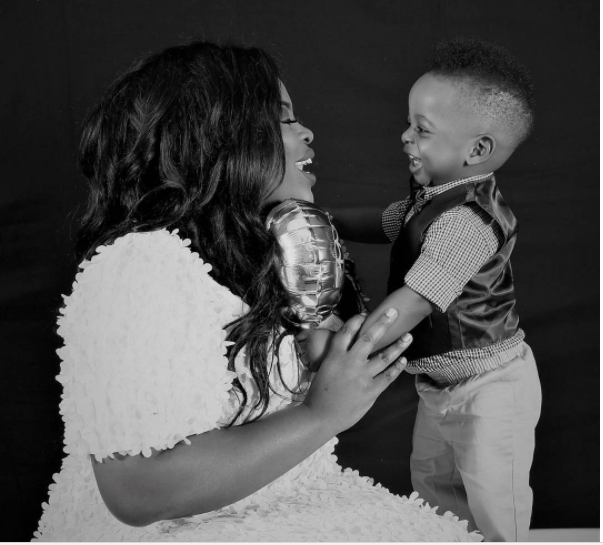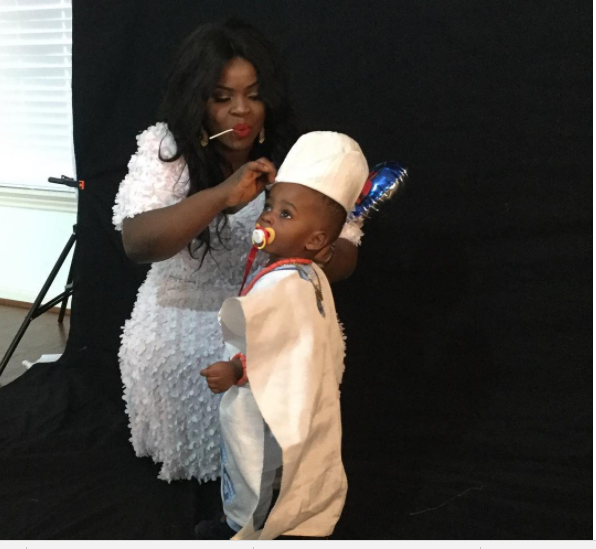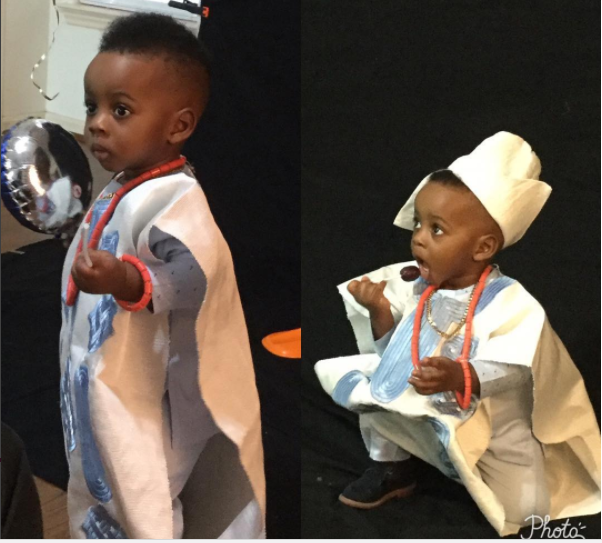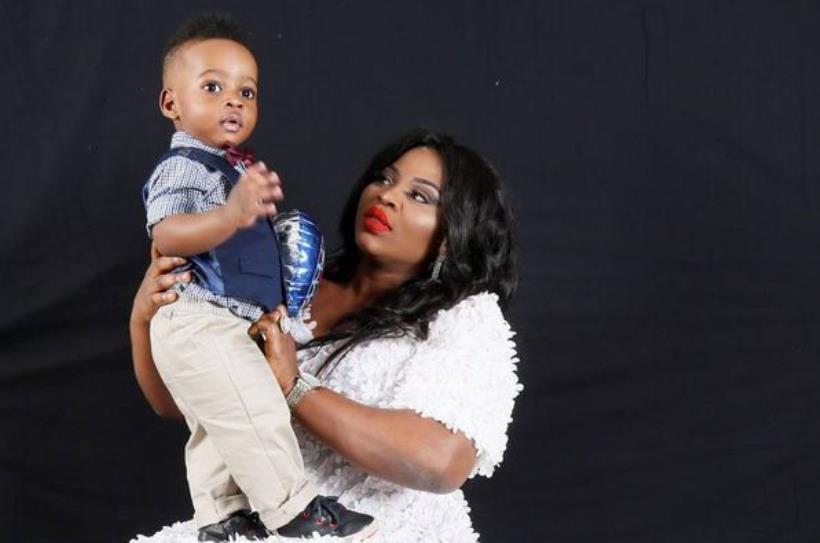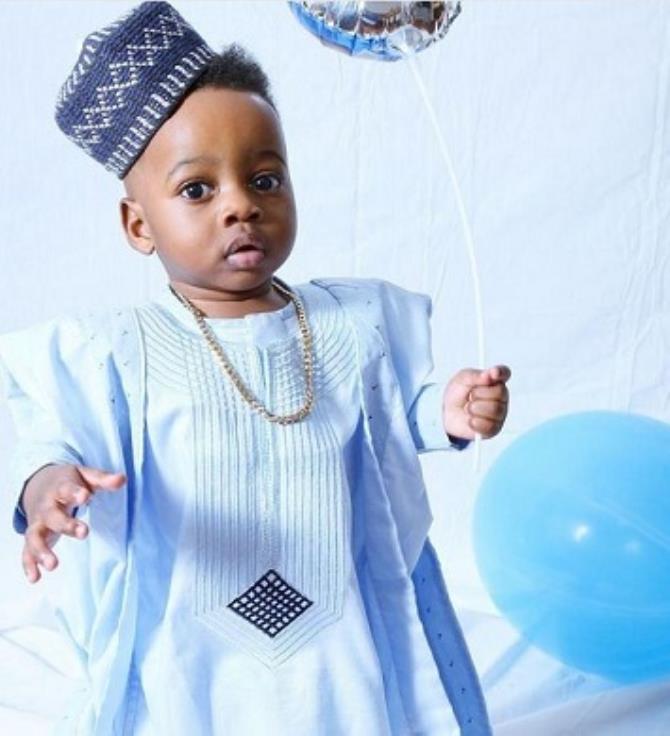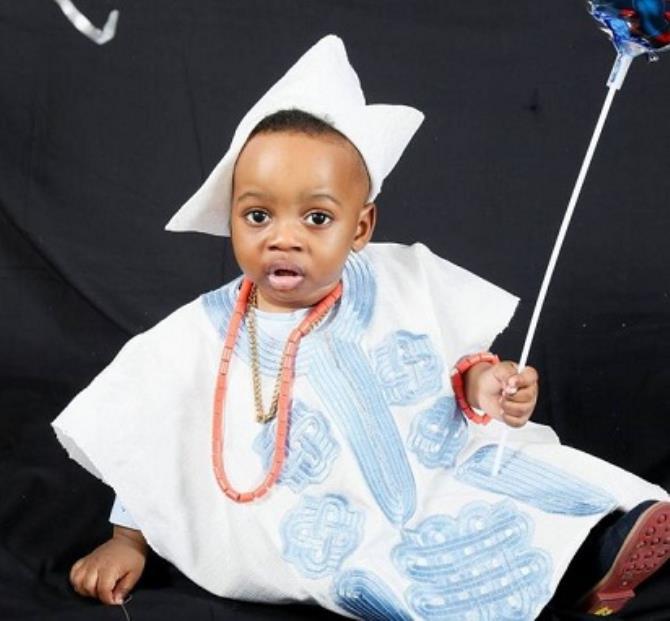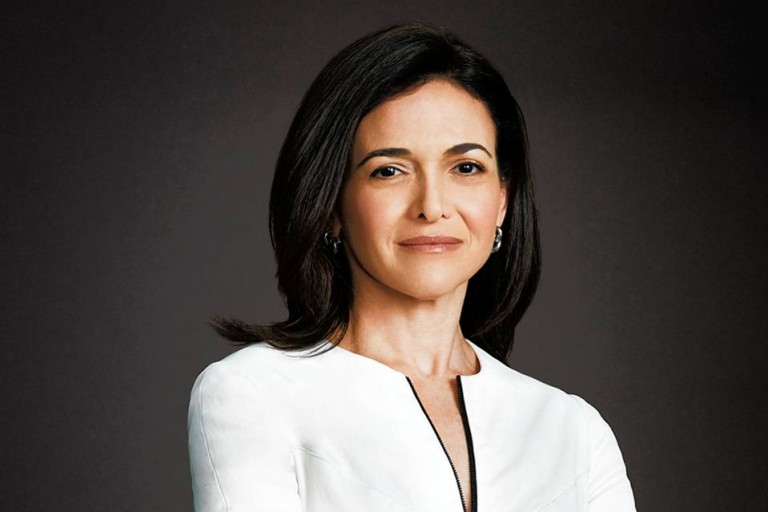Hello WORrior! Today is #WomanCrushWednesday and our Woman Crush is Arese Ugwu, the Smart Money Woman!
Arese Ugwu is the author of the bestselling and ground-breaking The Smart Money Woman, the financial-chick-lit novel that has taken Africa by storm. She is helping young Africans discover their power to build their future and make smarter money decisions through Smart Money Africa, a personal finance platform for the African millennial, engaging young Africans on the importance of financial literacy and the impact it has on helping them get money, keep money, and grow money.
Using the best of traditional and new media, Arese’s work appears in newspapers, on television, websites, social media, online videos, and through her book—all to reach her audience with accessible content that explains and navigates Africa’s unique financial landscape, delivering practical knowledge.
Her work in ensuring financial literacy for Africa’s youth has not gone unnoticed. In 2015 she was a finalist for Access Bank’s W Awards for Young Professional of the Year; in 2016, she won Rémy Martin’s Pacesetter award and was nominated for The Future Awards Africa Prize for Education.
She serves on several boards including House of Tara, and the Nigeria Higher Education Foundation as a non-executive director, and is also an associate member of WIMBIZ, serving on its planning committee since 2015.Arese also holds an MSc in Economic Development from University College London (UCL) and a BSc in Business and Management from Aston Business School, Birmingham. She is also an alumna of the of the Lagos Business School, INSEAD Abu Dhabi, and The London School of Business executive education programs.
Her other interests include, world travel, reading, playing tennis and squash.
Here are other interesting facts you might like about (In her words);
”I’m awesome!
Lol! just kidding
……….but I really am
I am passionate about my amazing daughter Zikora! Anyone who knows me (or follows me on instagram lol!) knows that my beautiful daughter is the centre of my universe.. My fear of being broke and hungry in adulthood multiplied after I had Her.She became my no 1 motivation to work harder and BE better because it is extremely important to me to provide a better life for her than my parents did for me. (and they provided a pretty great one)”
”I’m a bit obsessed with series! I will admit to pretending I’m Olivia pope from ‘Scandal‘ or Jessica Pierson from ‘Suits’ when I know I have a tough day ahead to help me get through it! Don’t judge me! You probably channel them too on occasion ????”
”I’m a foodie! My love for food and my constant struggle to lose weight in the torture that is Jide’s ICU class is ermmm complex!”
”I LOVE my job! Needless to say … I am a glorified slave to rich folk ( with a fancy title) lol! But I’m not complaining the experience I have gained in the course of serving my clients and their businesses is invaluable. I love working with an amazing team of analysts and stockbrokers to come up with financial solutions that meet their needs.”
Women Of Rubies celebrates you, smart Arese Ugwu!

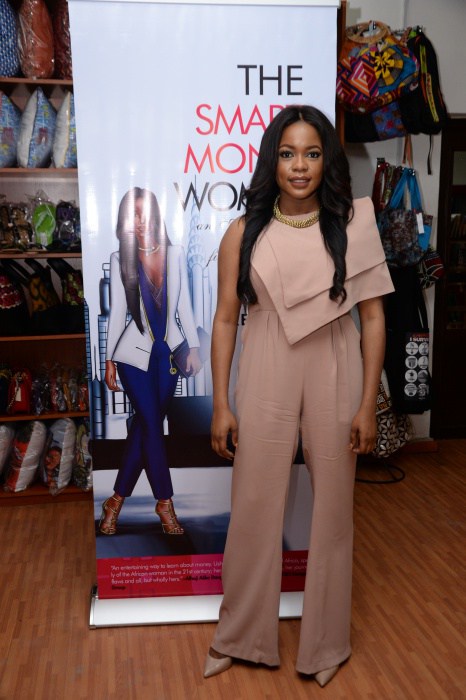
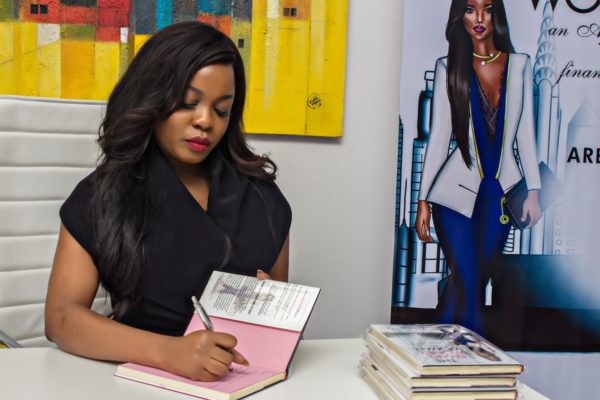
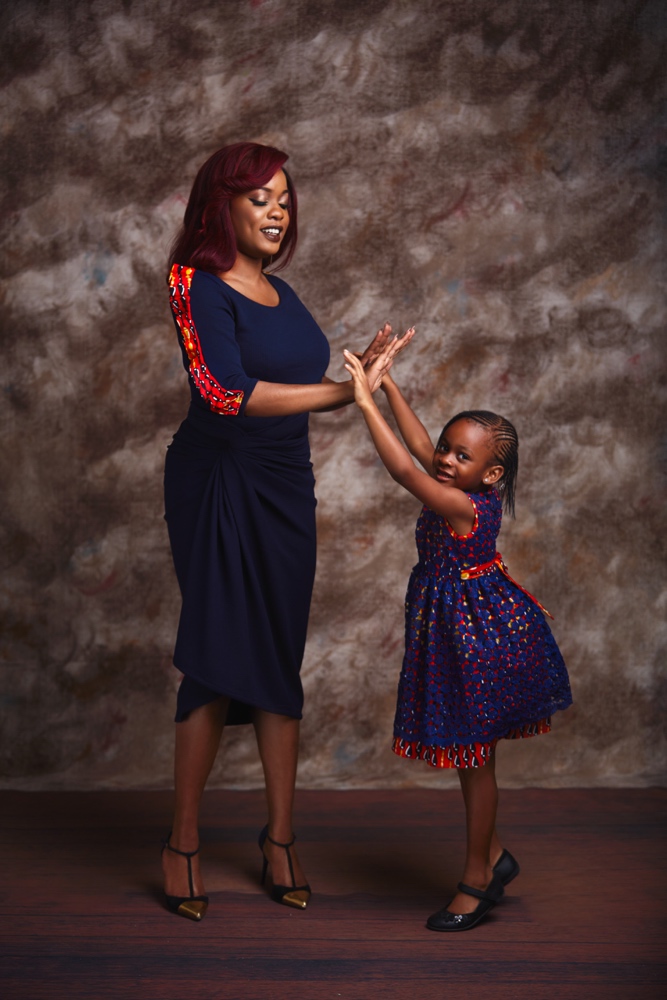
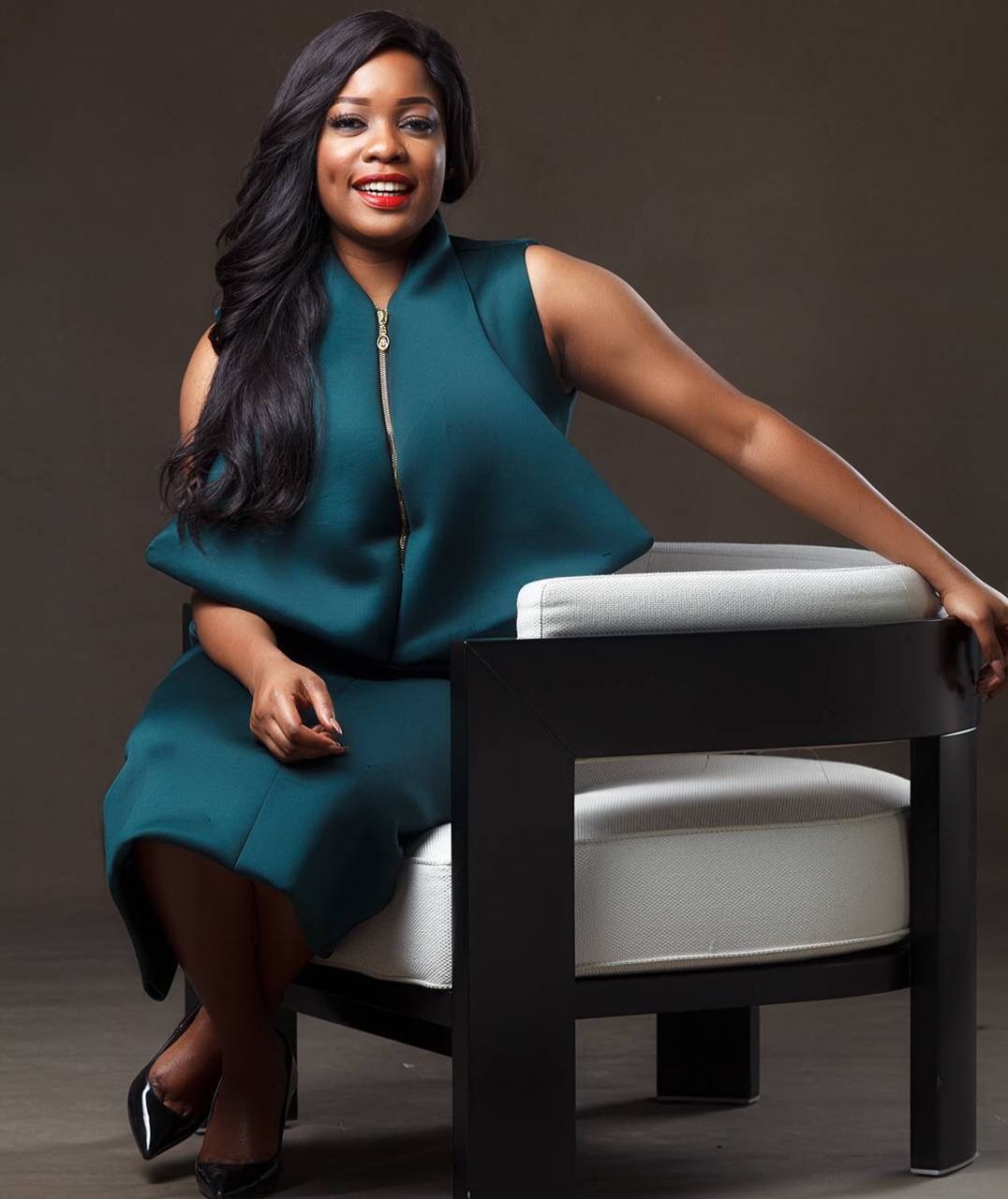
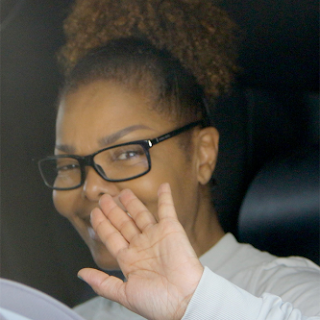
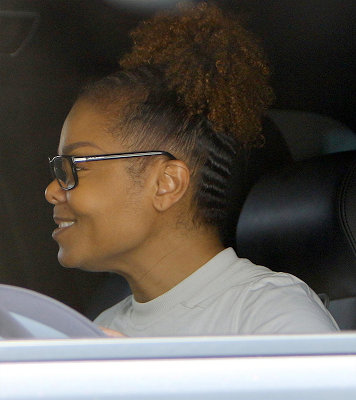
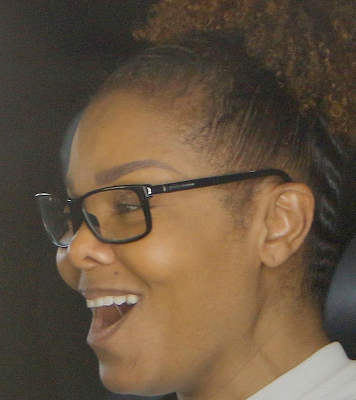

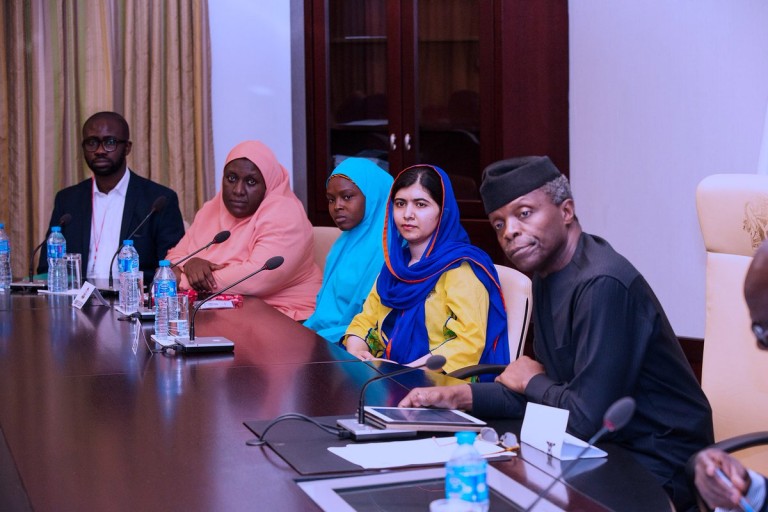
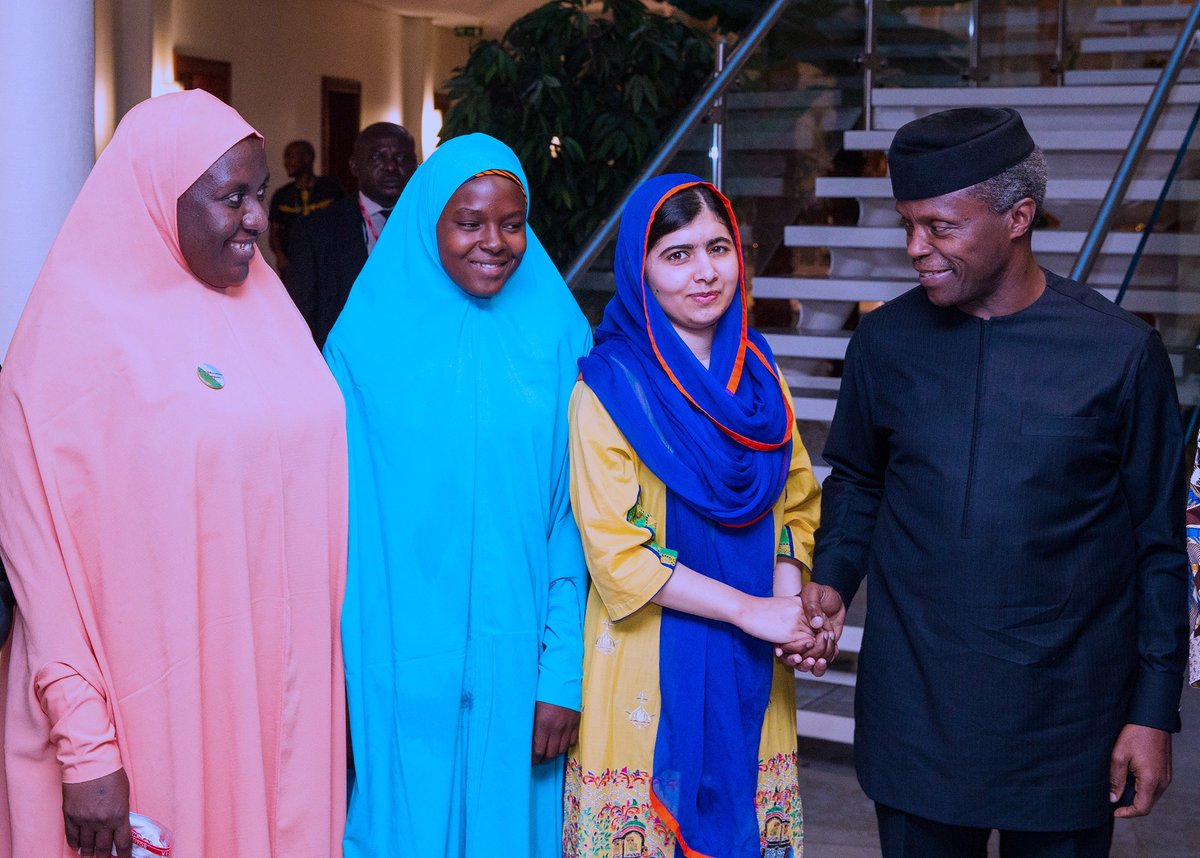
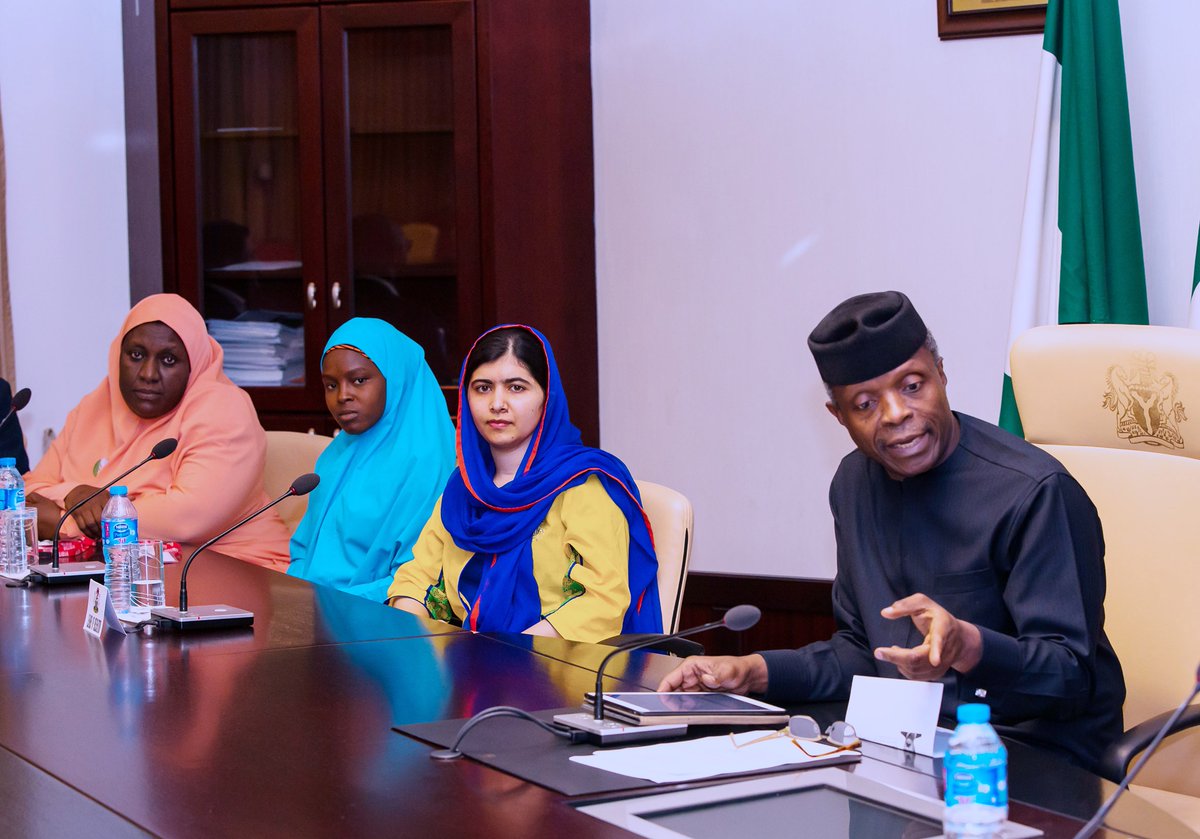
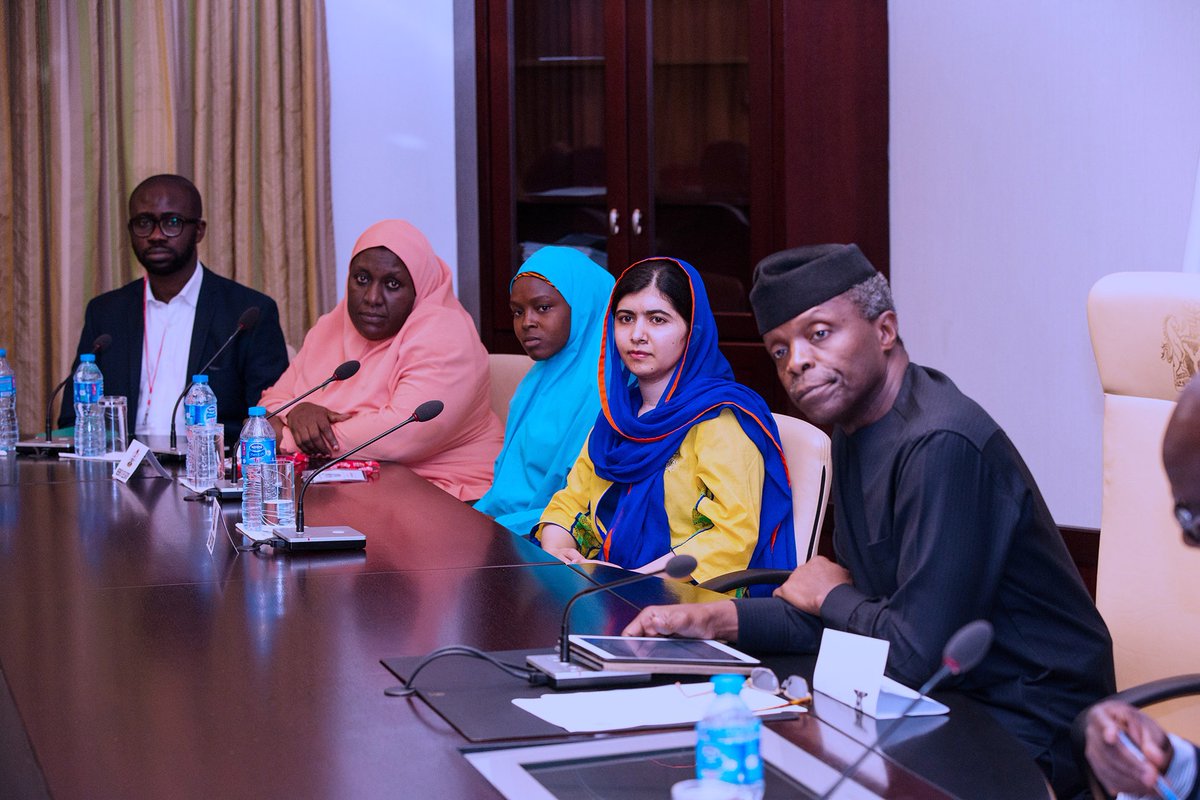


 Where do you see Yili in the next two years?
Where do you see Yili in the next two years?
